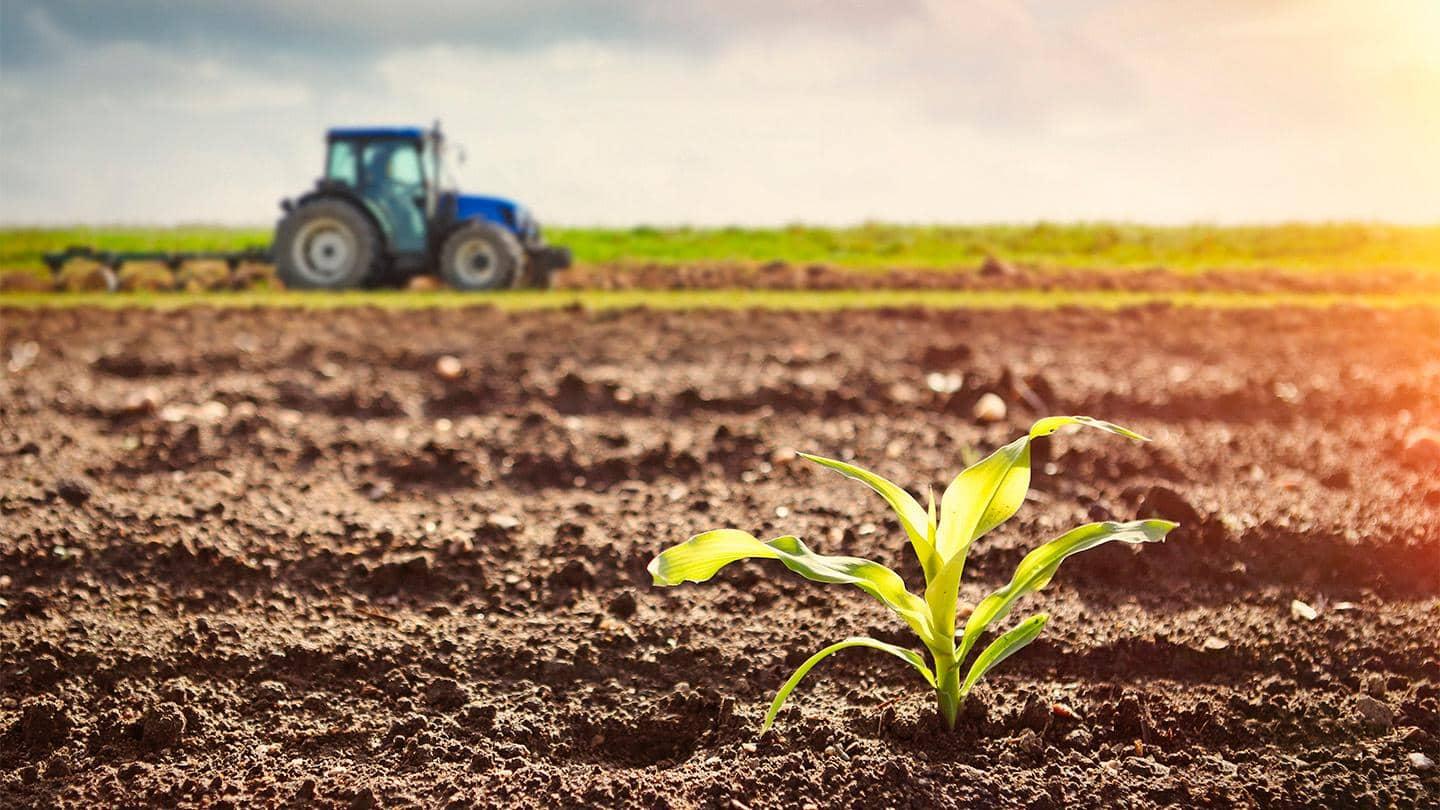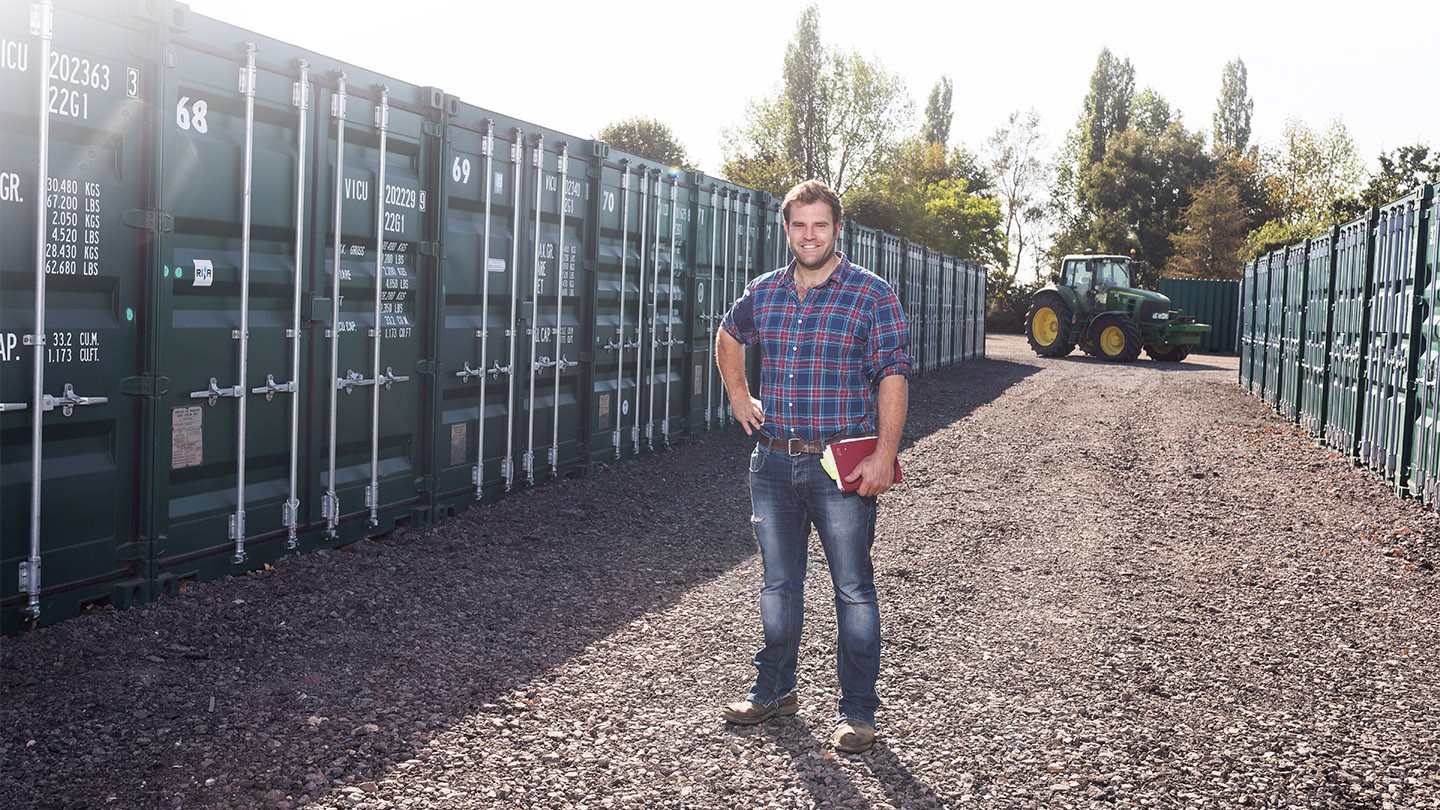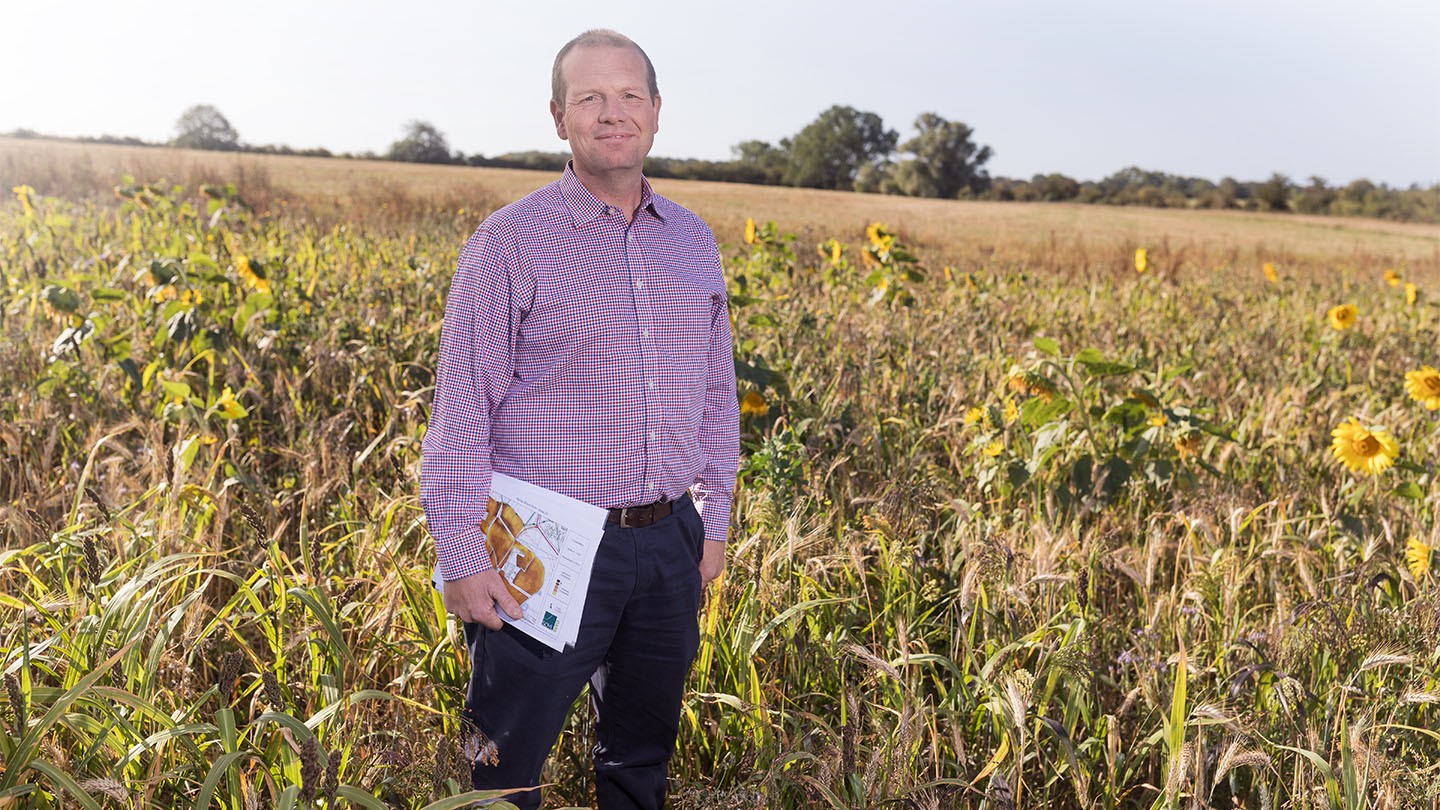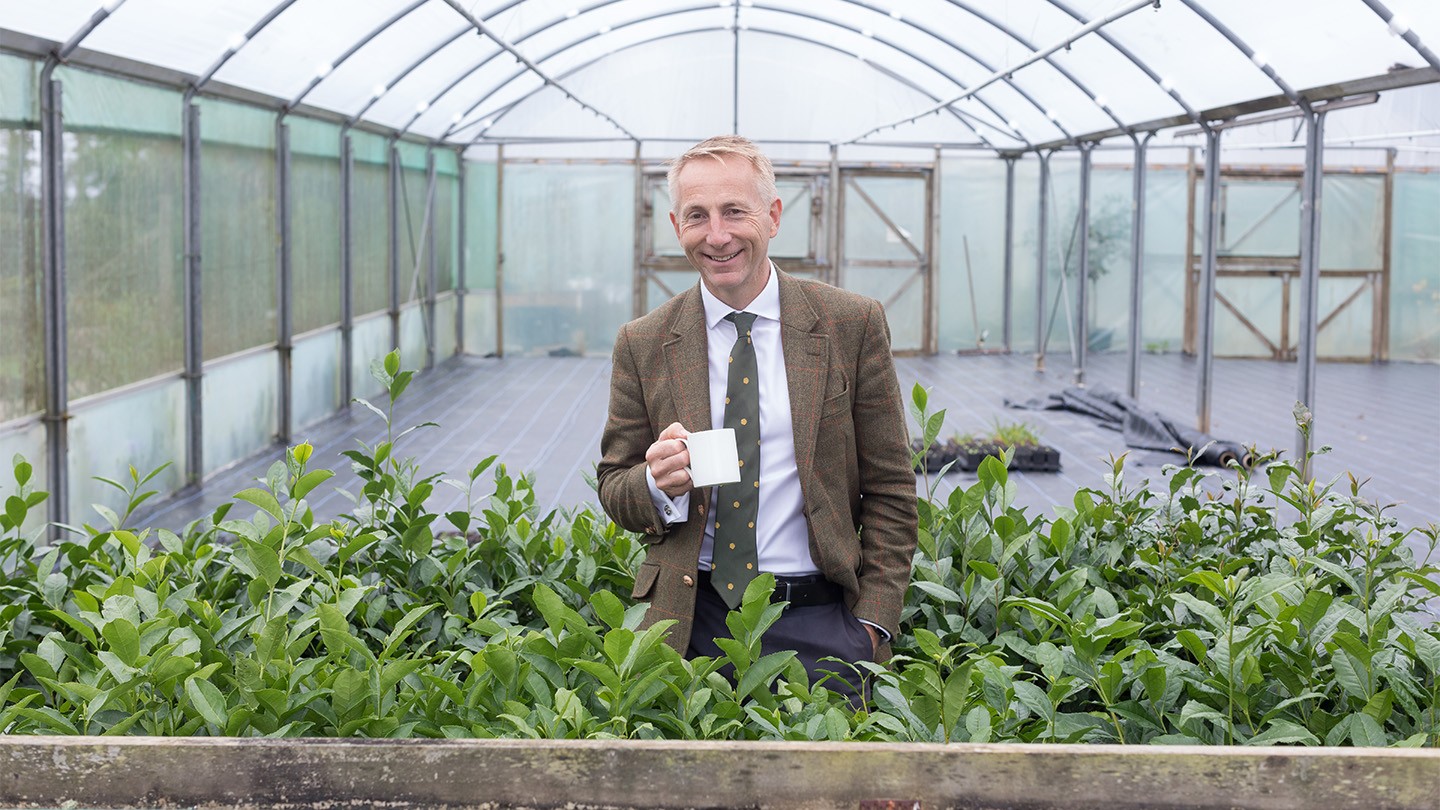
Growth
Through thick and thin: Barclays helps farmers build resilience
As Britain’s farmers navigate a time of uncertainty, Barclays is helping them stay on track. Not only has the bank unveiled a fresh wave of Brexit clinics focusing on agriculture, but it has also unveiled a new report showcasing some of the best examples of how British farmers are trying to future-proof their businesses.
More than 5,000 farmers, SMEs and corporate clients are set to receive invites in the coming weeks to one of Barclays’ 100 Brexit clinics throughout October and November.
The sessions will be hosted by the bank’s network of 1,500 relationship managers and specialists, and will explore topics including trading relationships, subsidies and agricultural policy, migrant labour, and exporting.
The news follows the launch of a £14bn lending fund and 100 clinics – attended by more 1,000 SMEs keen for guidance on how to prepare for Brexit – earlier this year.
More than one in four businesses in the agricultural sector banks with Barclays and the bank is committed to supporting them through potential uncertainty in the coming months.
The farmers future-proofing their business models
Part of Barclays’ ongoing support package involves providing access to a report – Formidable Farmers – which shines a light on best practice examples of how agricultural businesses have diversified with help from Barclays.
It is hoped that by highlighting the stories of those who have diversified, those with concerns about the future direction of their own businesses can be both inspired and guided by the journeys of others facing similar challenges.
All those featured in the report have adopted an entrepreneurial mindset in diversifying their income streams.
Newton Lodge – work spaces, meat boxes and beer barley

Fourth generation farmer, Rick Davies from Newton Lodge
Fourth generation farmer Rick Davies has turned his cattle enterprise into land that also serves the local community.
Not only does his farm, Newton Lodge in Buckinghamshire, rent out converted storage containers and office space to a range of local businesses, it also delivers meat boxes to the local area, grows milling wheat for bread-making and grows barley to brew beer.
Rick’s latest venture is growing spring beans which are being exported to Egypt and the Middle East to make falafel.
“For a small farm like this, offering a single product, whether it’s livestock or arable, simply isn’t sustainable,” says Rick. “I want us to be here in another four generations’ time. That means finding new ways to make the best use of what we’ve got.”
Papley Grove Farm – using GPS to protect wildlife

Martin Lines from Papley Grove Farm
Farming has long been at the forefront of innovation, whether it’s using new machinery to plant, cultivate and harvest faster, creating new crops capable of producing greater yields, or deploying the latest technology to identify where best to farm.
At Papley Grove Farm, in Cambridgeshire, Martin Lines is constantly looking for ways in which he can use new solutions to improve the productivity of his land.
“Our aim is to have a prosperous, profitable farm that has a positive effect on the landscape,” he says. “That means being conscious of the impact of the work we do on the local wildlife.”
To that end, Martin uses GPS technology to work out which parts of his land are best to use. When he identifies poorer soil quality, he takes that area out of crop rotation, returning it to wildlife. As the the average crop yield improves over time, he can then get higher return from the whole field.
Martin said: “Because we’ve seen positive results, we’ve been able to get other farms interested, which means we can hire the service out to them and create a new source of income.”
Tregothnan – exporting tea across the globe

Jonathon Jones from Tregothnan Estate
The Tregothnan Estate in Cornwall is home to a large botanical garden and nursery, and it had been looking to diversify and increase its output. Jonathon Jones, MD of Trading, joined in 1996 and identified that the local climate, soil and weather meant that there was a unique opportunity to grow tea.
The first Tregothanan Estate tea was grown in 1999, and on its twentieth anniversary the estate is proud to be Europe’s fastest growing tea garden, exporting as far as China. “It’s exciting to be creating something that hasn’t traditionally been a part of the estate,” Jonathon says. “Tea was one way of diversifying to create new revenue.”
As well as growing and selling the leaves, the tea gardens are also an opportunity to create a new type of customer experience. “We run it much like an estate in Darjeeling – guests can come in, have a tasting, visit the gardens and see first-hand how we’re growing tea in Cornwall. It’s an added attraction to the business, along with our gardens and the nursery.”
For more examples of farming businesses diversifying and building resilience, read the full report (PDF 15.2MB).